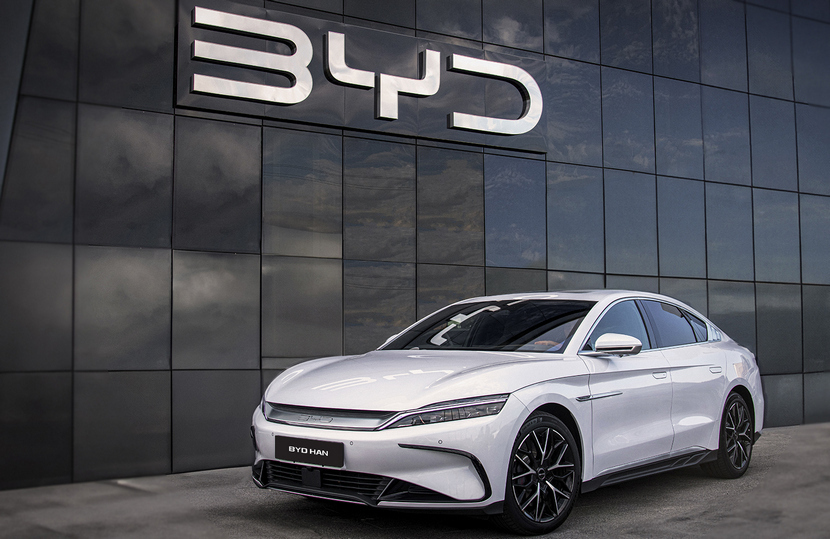Chinese electric vehicle manufacturer BYD is making significant inroads into South Asia by planning its first assembly plant in Pakistan, following a rejection from India. This move positions Pakistan as a key player in BYD’s global strategy to expand its presence in emerging markets.
COLLABORATION WITH HUB POWER
The plant, expected to be operational by 2026, will be set up in collaboration with Hub Power Company (Hubco), Pakistan’s largest private electricity producer. Hubco’s subsidiary, Mega Motor, will partner with BYD to establish the assembly facility near Karachi’s Port Qasim, according to the Financial Times. This ambitious project aims to tap into both local and international markets.
EXPORT-FOCUSED STRATEGY
Hubco CEO Kamran Kamal outlined the company’s vision to make Pakistan a hub for vehicle exports, targeting markets across Africa and South Asia, including Bangladesh and Sri Lanka. “We have big ambitions to be the leading carmaker in this country by the end of the decade,” Kamal said. He emphasized the need for Pakistan’s industries to focus on the export market to stay competitive.
BYD’S GLOBAL EXPANSION PLANS
The move into Pakistan is part of BYD’s broader global expansion, which includes plans for new factories in Turkey, Hungary, Thailand, Brazil, and potentially Mexico. The company is set to sell 100,000 plug-in hybrid and fully electric cars annually in Pakistan by 2030.
Although BYD declined to provide further specifics about the Pakistan plant, this project represents another step in the company’s international growth trajectory as it navigates growing trade barriers and tariffs.
WHY IT MATTERS: BYD’S RESPONSE TO GLOBAL CHALLENGES
BYD’s decision to establish a plant in Pakistan comes amidst rising global trade tensions. The Biden administration’s 100% tax on Chinese-made electric vehicles has made it harder for companies like BYD and Geely to sell directly into the U.S. market. In response, Chinese automakers are expanding their manufacturing bases abroad to counter these trade restrictions and tariffs.
China has also urged its automakers to keep advanced EV technology within the country while exporting knock-down kits for overseas assembly, ensuring key parts remain manufactured domestically.
GROWING COMPETITION IN THE EV MARKET
BYD’s expansion strategy is not unique to Pakistan. The company is actively seeking opportunities in Europe, showcasing its vehicles at major trade fairs like Automechanika in Frankfurt, despite looming EU tariffs. Meanwhile, competition is heating up in the Chinese EV market, with NIO—another prominent Chinese automaker—also expanding aggressively, benefiting from management talent coming from Tesla.


















